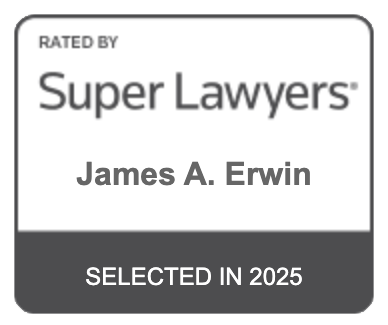Planning how best to disburse your assets and responsibilities upon your passing can be complicated. With myriad government rules, regulations and nuances, it’s helpful to understand the basics before you begin.
Upon death, all your rights and obligations instantly transfer to a legal entity referred to as an ‘Estate.’ Estate Planning, then, involves deciding and documenting how, what, when, and to whom you transfer your powers and assets.
If you do no estate planning and have no will at your passing, your estate is called “intestate”. All transfers from an intestate estate are determined by law. And if there are no predetermined heirs, the State becomes the ultimate recipient of those assets.
If you do have a properly executed will, then it is a “testate” estate, and assures that you control how, by whom (your executor) and to whom your assets are transferred. It has no effect until you die and, once you pass away, it becomes set in stone.
Upon death, your will is submitted to probate court. Probate is the judicial process by which a judge oversees the administration of estates. Until the judge officially approves the will, your executor has no power and cannot effectuate your wishes.
There are costs, in both money and time, and risks, too, associated with going through probate. If family members or creditors challenge the validity of the will, it could be many months, even years, before your assets can be transferred. And the assets in your estate could be depleted fighting those challenges.
One way to avoid the issues of probate is to create a trust. Just like a will, a trust records your wishes, including the appointment of “trustees” who will have the power to control the assets within. But because a trust agreement is a functioning document during your lifetime, you can also serve as a trustee until your death.
Once a trust is established, it becomes a legal entity completely separate from you. You no longer own the assets in it, and, upon your death, those assets can be administered or distributed according to the trust agreement, without going through probate.
And because a trust does not have to go through probate, you have far greater flexibility in how, and when, any distribution process occurs. Whereas the probate court requires your executor or administrator to move the transfer process along and, eventually, close out your estate, a trust can continue on for generations, even creating subsequent trusts administered by another set of rules.
Wills and trusts are just two of the legal instruments you may want to consider while working through your estate planning process. There are ups and downs to both, and a great number of complexities and legalities in each.
For a more in-depth discussion regarding estate planning, and to get more information on which options may be best for you, call Erwin Law at (773) 525-0153.

All materials herein have been prepared by Erwin Law for informational purposes only and are not legal advice. Transmission of the information is not intended to create, and receipt does not constitute, an attorney-client relationship between you and the rm. You should not act upon this information without seeking professional counsel.
Copyright © 2026 Erwin Law. All Rights Reserved.